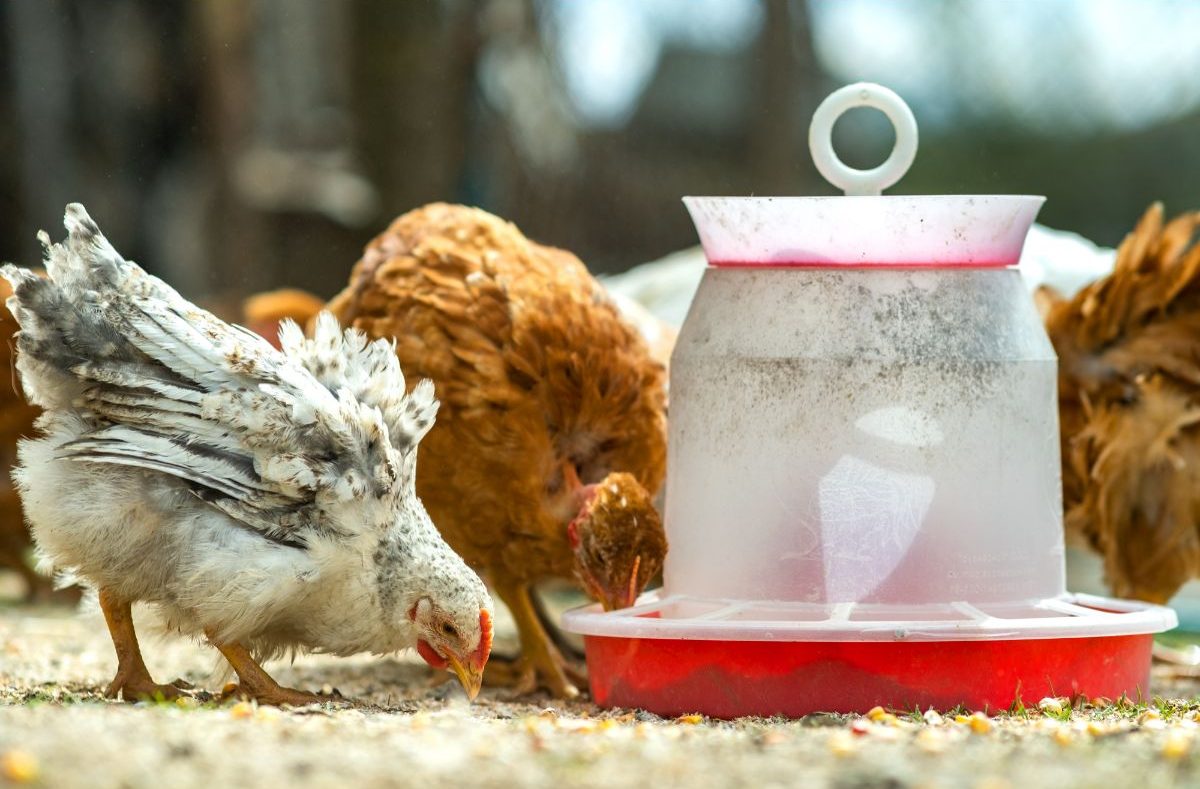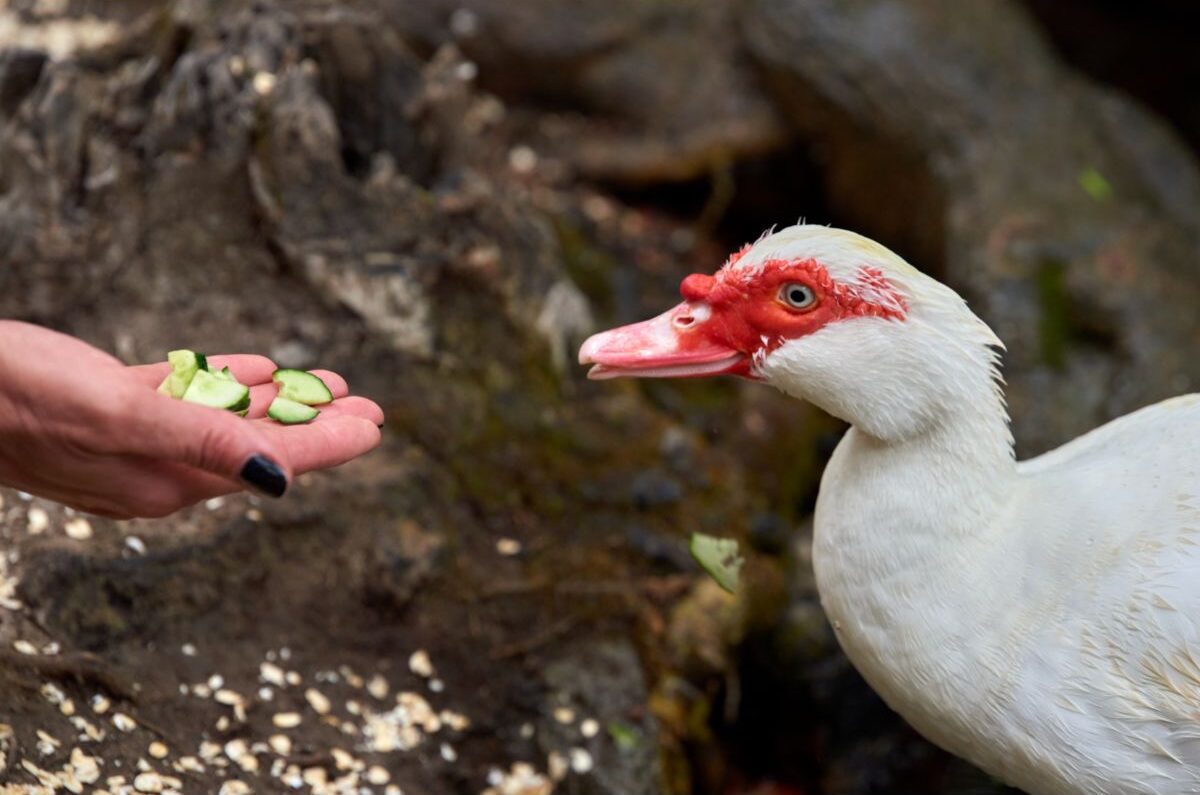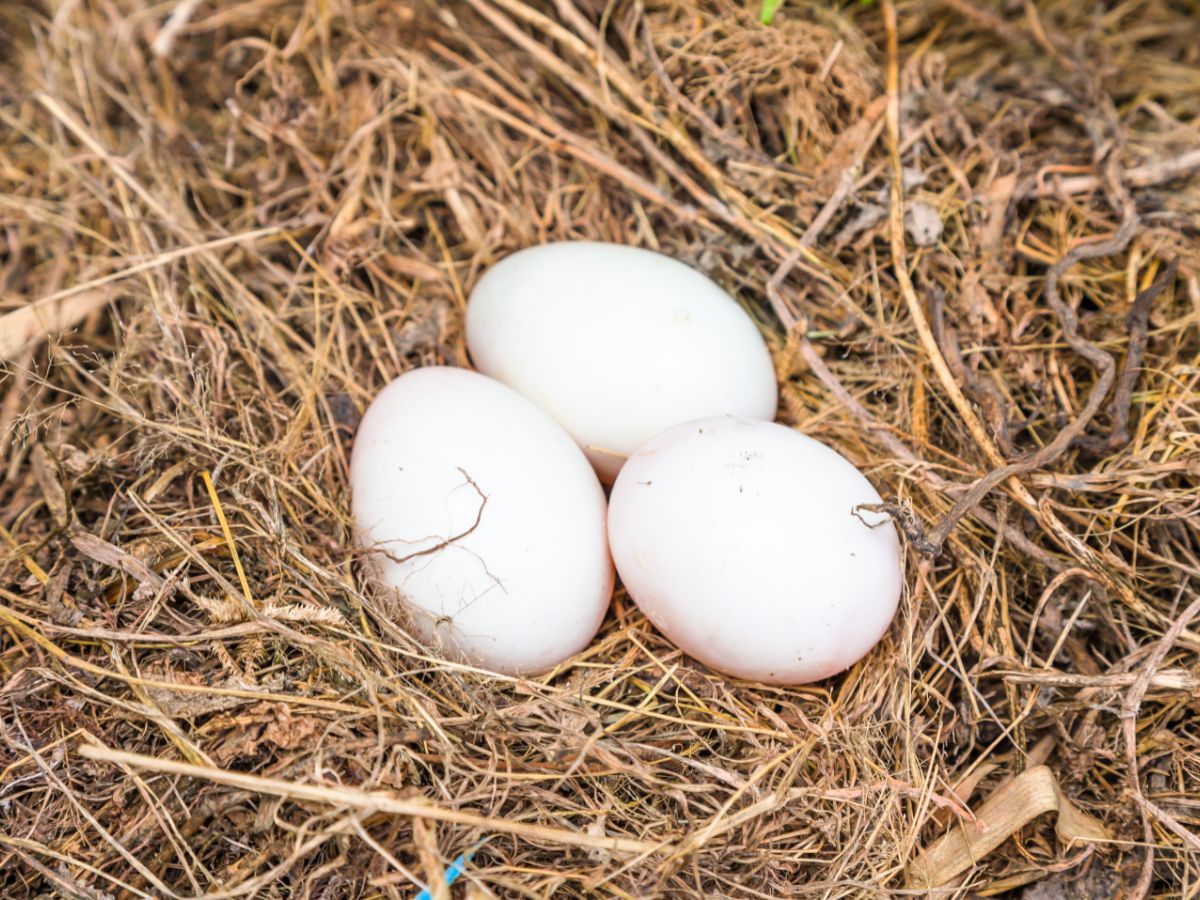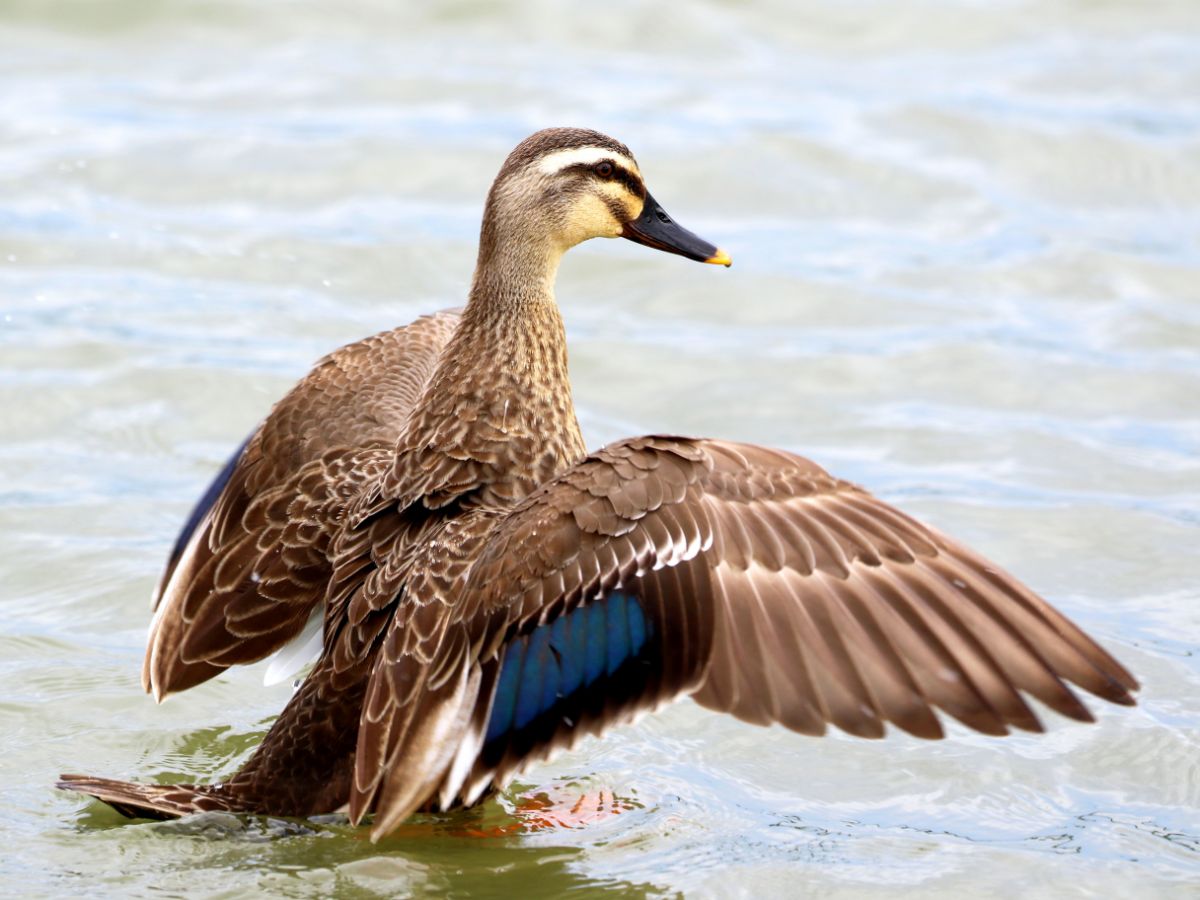In a chicken’s life, food is priority #1, and if your chickens are not eating, there’s something seriously wrong. It may not be related to a disease or infection but to something which has disturbed the routine that is so important in keeping the birds happy and productive. Why do chickens refuse to eat? What can be done about it?
Identifying the reasons why chickens refuse to eat is a process of elimination. There are over fifty different diseases that may afflict a chicken, and there are numerous other causes that need to be investigated. Once you know the cause, you can take the necessary action.
If you have one or two chickens in the flock who refuse to eat, it may be more an issue relating to their stress levels or a problem in the immediate environment. If the problem extends to other members of the flock, then it may well be that some form of infection has affected the birds, which needs to be identified as soon as possible to avoid serious consequences.
Contents
Reasons Why Chickens Refuse To Eat
Chickens are pretty hardy creatures, and healthy birds have healthy appetites. But when they stop eating, something is clearly wrong and needs to be remedied.
Illness
Illness will, in most cases, result in a loss of appetite, so this would be something to consider. Viruses and bacteria are carriers, as well as fungus and mold. If the chickens are lethargic, excreting abnormal droppings, and possibly not laying eggs, coughing, and looking ungroomed, they have clearly picked up an infection.
Mites And Lice
Infestation of mites and lice is a common cause and easily treated, although it may require the intervention of a veterinarian. Herbal remedies are not recommended.
Injury
Injury will also result in the loss of appetite or even the inability to eat. For example, if the bird’s crop has been damaged by a predator or another bird, it will stop eating. This would only apply to a specific bird, so if several of your chickens are not eating, you’ll need to look for other causes.
Bullying
Bullying is common in any flock and is often why birds stop eating. Newly introduced birds may be intimidated into staying away from feeders, and younger, smaller birds may also be prevented from eating by those higher in the pecking order.
Stress
Stress may affect groups or the entire flock and result in their refusing to eat. Chickens are happiest when their daily routine is unchanged, so any interruption of that routine may result in stress. The introduction of new chickens, the unwelcome attention of a perceived predator, a change of diet, or a change in familiar surroundings are some factors that can cause stress and a resultant loss of appetite.
Poisons
Poisons may be unintentionally fed to your chickens which will cause digestive issues and a loss of appetite. This is often the result of feeding the birds “treats” from the dinner table, which contain high levels of sugars, salt, and starches and are totally unsuitable for chickens.
Changes In Diet
Changes in diet may be why your chickens refuse to eat, not because they’re stressed by the change, but because they dislike the new food. Poor quality pellets, which may contain ground-up chicken, are not a natural food for chickens, and while they’re generally not fussy eaters, they may refuse to eat this specific feed.
An Impacted Crop
An impacted crop will prevent a bird from being able to eat. This is more common amongst rescue and battery chickens than in hybrid backyard hens and again is found in individual birds and not in the flock, so it is only the affected chicken that needs attention.
What To Do About Chickens Refusing To Eat
Before you have diagnosed what is affecting your chickens, it is impossible to take the correct remedial action, but it is vital that you waste no time in starting treatment, or you may lose a large part, if not all of your flock.
Isolate The Chickens Refusing To Eat
Isolation: As soon as you notice that some of your chickens refuse to eat, isolate them from the rest. It may or may not be a transmittable infection, but it’s far better to protect the flock than take the chance. It’s also a protective measure because the ill or injured bird may become the target of bullying.
However, if more than a quarter of the flock has the same symptoms and refuses to eat, you can assume that the entire flock will be infected and have to be treated.
Diagnose By Getting An Expert Opinion
Diagnosis is the next step, and it’s not an easy one. You can go online and try to do it yourself, but in many countries, you will need a prescription to obtain medication, which will necessitate calling the vet. Although that is an unexpected expense, getting an expert opinion will save you time and may protect the entire flock from infection and maybe even death.
Treat The Injury, Infection, Or Infestation
Treatment of the injury, infection, or infestation requires expert knowledge, and in almost every case, you should ask a veterinarian for assistance. The proper medication, the correct treatment for an injury, and the right advice on the way forward is not a matter of guesswork, so don’t hesitate to get the best possible assistance for your chickens.
Bear in mind that the damage done by just a few days of not eating or drinking can result in weeks of no egg-laying or even more severe repercussions.
Remove Stress Triggers
Remove stress triggers: If you’ve diagnosed stress as the cause of your chickens refusing to eat, ensure that you’ve done whatever is necessary to remedy the situation. Whether it’s a lack of entertaining toys, overcrowding, bullying, or the threat of predators, the source of the stress must be eliminated. There are too many causes of stress for us to detail here, but the information is widely available online.
Provide Supportive Care
Supportive care: by providing clean bedding, plenty of space, secure roosting perches, and keeping a close eye on your sick birds, you will speed up their recovery. Once they start taking food, add some high protein to their diet in the form of hardboiled or scrambled eggs until they are eating normally again.
Conclusion
Only by observing your chickens’ behavior daily can you pick up the first signs that some or all of them are refusing to eat. While you may not be immediately aware of the reasons, it is vital that you have some information regarding the possible causes.
Failing to diagnose the problem and delaying responding with the necessary treatment could result in the loss of your entire flock – it really is that serious. Hopefully, we’ve given you enough information to make the task easier and the road to recovery shorter.




